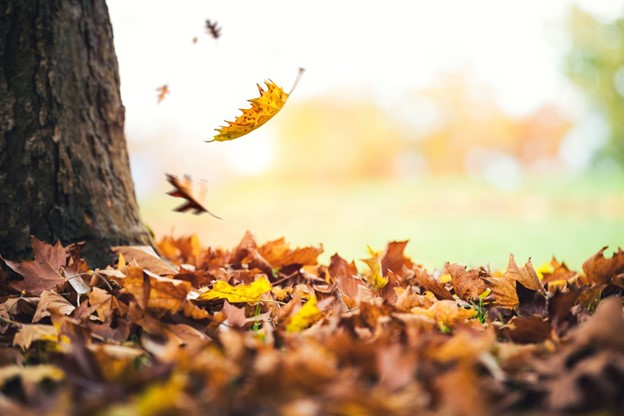How Shorter Days Can Affect Your Brain in Surprising Ways
- Dr. Trina Ting

- Oct 1, 2024
- 3 min read
By Dr. Trina Ting
Feeling extra sleepy or foggy as the sun starts setting earlier? In our part of North America, the days start getting shorter starting at summer equinox and we fall back one hour on Sunday Nov 3, 2024 for daylight savings time. Our circadian clock, our body’s internal clock on when to sleep and wake up, is affected by less sunlight at this time of year. We all know about Seasonal Affective Disorder (SAD), but here are some of the surprising ways shorter days can impact your brain and the rest of your body:
Slower Metabolism:
With less light during the day, your brain perceives an ancient biological need to conserve energy. This makes sense as our ancestors could only hunt and gather in the sunlight, and so more dark hours could mean less nutrition available. Our bodies have evolved to slow down our metabolism, increase your appetite and potentially gain some weight. Our brain will produce hormones to encourage these functions.
Feeling More Tired:
You’re not imagining things: when there are more hours of darkness, our brain produces more of the hormone melatonin. As a result, you may feel more tired during the day and sleep longer at night.
Difficulty Focusing and Paying Attention:
Our hypothalamus is part of our brain that connects our hormone and nervous systems. It keeps our body in a balanced state by regulating our blood pressure, temperature, and heart rate, as well as directing other parts of the brain to make hormones that affect bone growth and mood. Lack of sunlight can negatively affect the hypothalamus which in turn can affect sleep and mood. This ultimately impacts alertness and overall cognitive function.
Change in Mood:
We produce less serotonin and dopamine in the dark, and having less of these mood enhancing hormones can ultimately decrease our good mood and even trigger a shift into depression. Symptoms such as sleep disruption, unusual fatigue, withdrawing from social activities, anxiety, weight gain due to increased appetite may be present, to name a few. Seasonal affective disorder (SAD) is a condition in which depression symptoms appear on a seasonal basis, most often in the winter months. It can happen in the summer as well, but it is much more rare.
How Can I Deal With These Symptoms?
The obvious ones are to eat well (reducing the high sugar foods your body craves, planning your meals to get ahead of these cravings by eating balanced and nutrient rich meals first) and exercise, as both are key components to generally feeling better overall.
Some interesting tips you might not have already thought of:
Add Houseplants: In addition to purifying the air, taking care of a living item can give you a purpose and help you feel more productive.
Reduce Blue Light Exposure:
Reducing screen time on your phones and devices is good overall, but especially because blue light can negatively impact the hypothalamus.
Increase Exposure to Daylight:
When you can, get outside for a walk to expose your brain to daylight and to get exercise. You can also use daylight spectrum bulbs in your house to replicate the exposure you are missing.
Celebrate the Darkness:
Give yourself a weekly tradition to look forward to. Scandinavian countries that experience almost 24 hours of darkness in January do Mys (Sweden) or Hygge (Denmark), which are terms that roughly translate to “coziness”. They make it a point to have a gathering with their friends (or just by themselves!), where they make comfort food, light candles, and snuggle under blankets to find pleasure in the dark nights of winter. It gives you something to look forward to on these long nights and can lift your mood naturally.
Don’t forget your Vitamin D supplements starting now: check out our October Product of the Month Shaklee’s Vitamin D tablets to grab a good deal.
You are not imagining things if you are noticing you are feeling sluggish or “off” as the days get shorter! Just remember that it’s a completely normal biological process and you can take measures to minimize the effect it has on you.












Comments